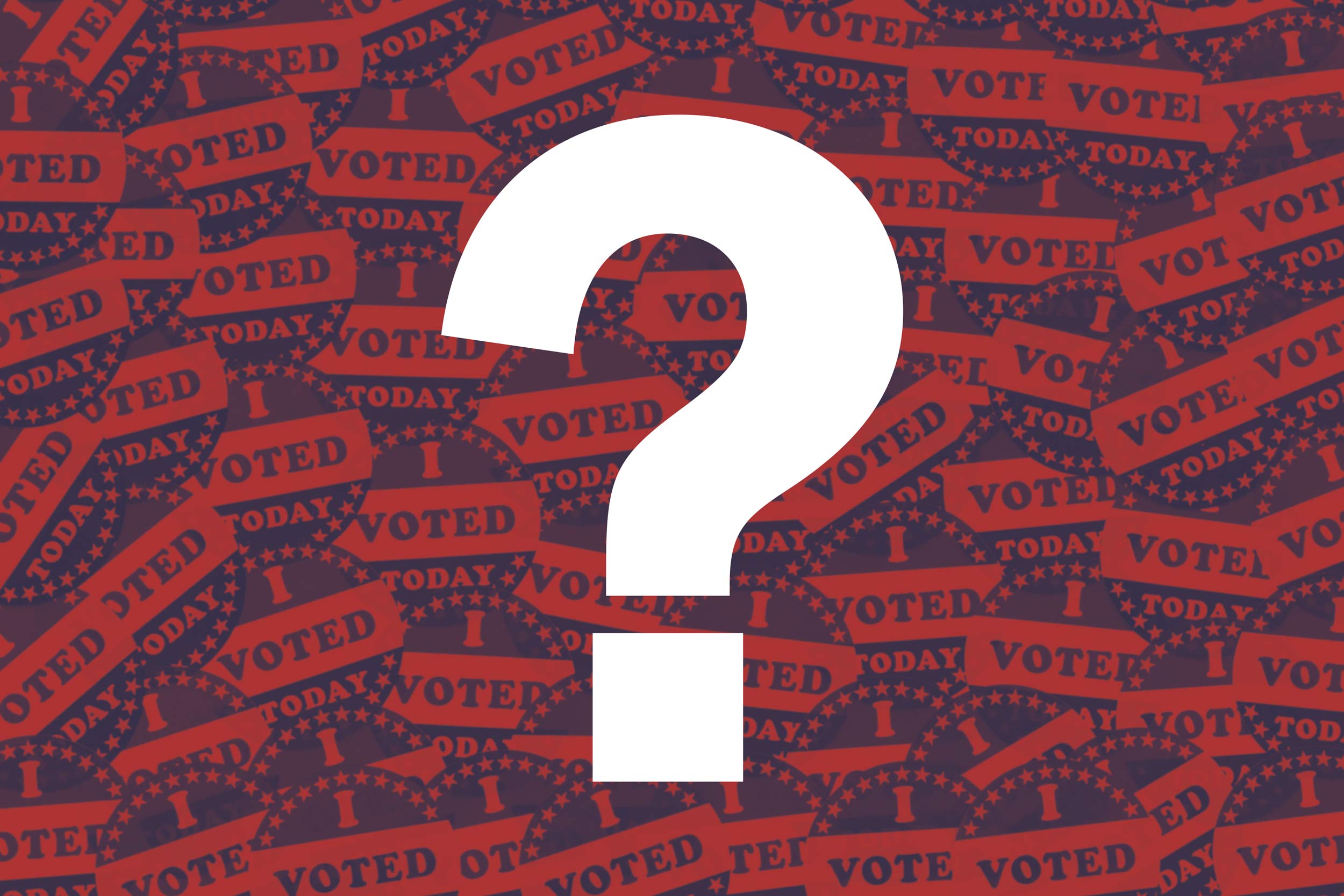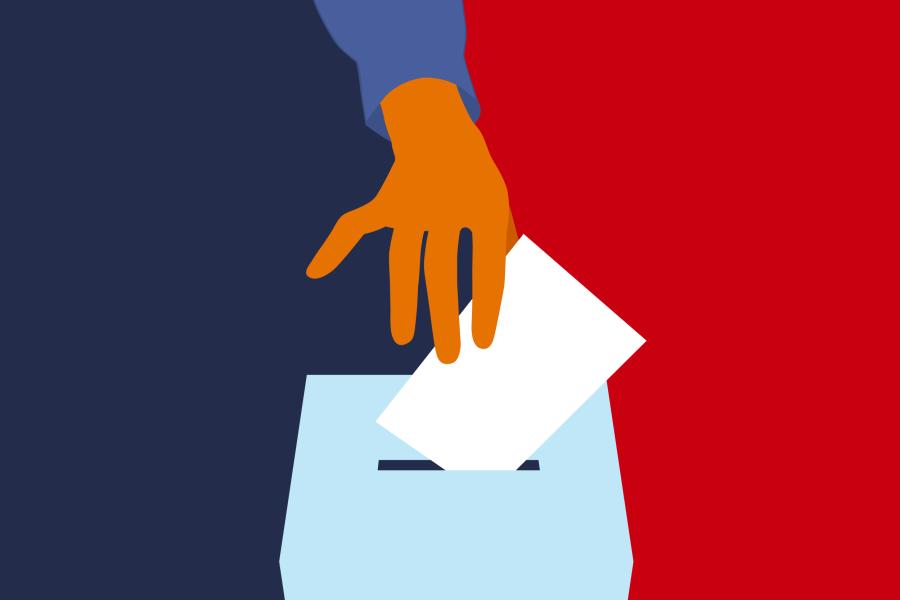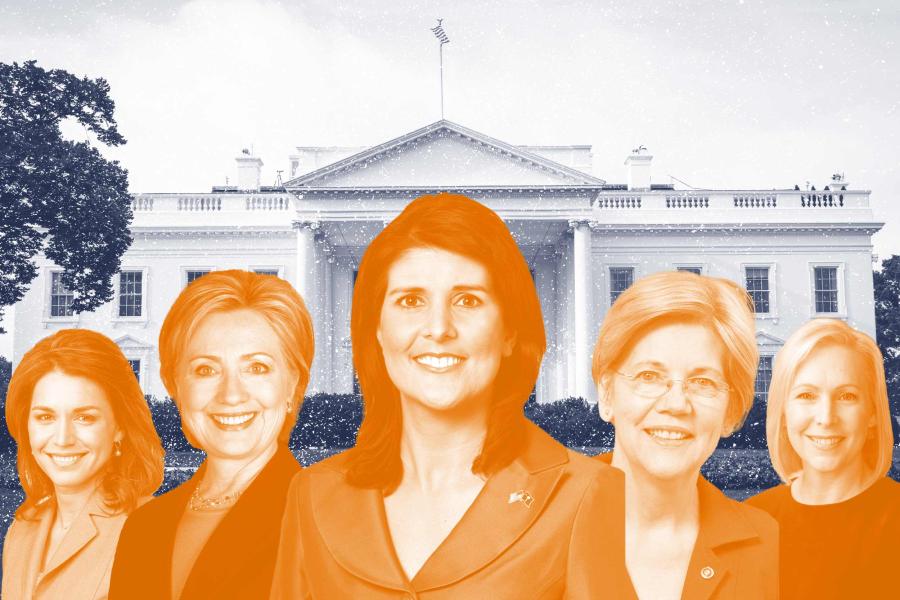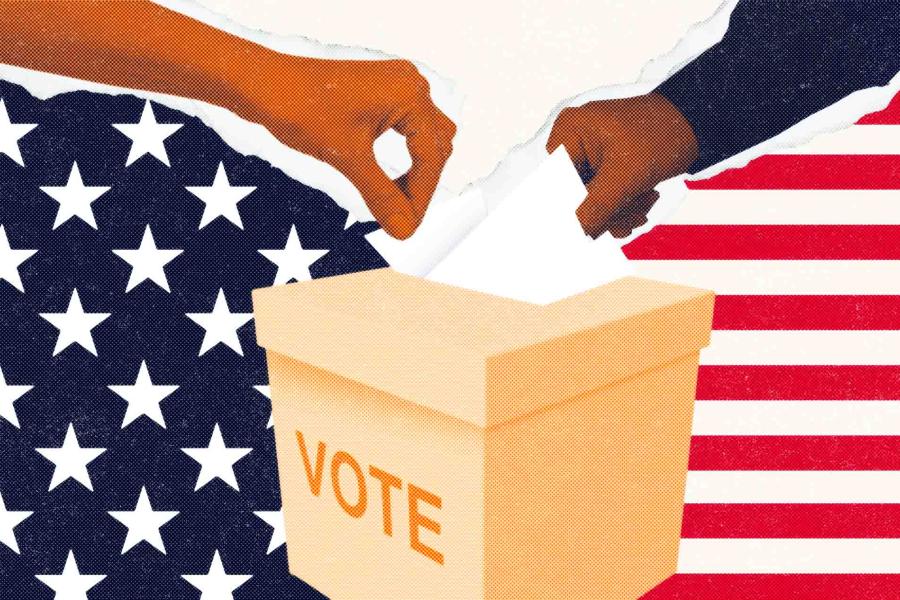In the end, it was the economy.
The issue that turned Tuesday’s election into a decisive victory for former President (and now President-elect) Donald Trump was how the nation’s economy affected voters at the personal level, University of Virginia political experts said in a panel discussion on Thursday.
Experts also noted demographic shifts in voter support for the parties, suggesting the Republican Party is becoming less conservative and more populist. They also said Vice President Kamala Harris didn’t distance herself enough from President Joe Biden.
UVA’s Karsh Institute of Democracy sponsored the event, moderated by Ian Solomon, dean of the Frank Batten School of Leadership and Public Policy. The panel included William Antholis, director and CEO of UVA’s Miller Center for Public Affairs; Melody Barnes, executive director of the Karsh Institute; Mary Kate Cary, director of Think Again and an adjunct professor in the Department of Politics; and Ashley Jardina, associate professor in the Batten School.
“Time after time, the two big fundamentals (in elections) are party identification and assessments of the national economy,” Jardina told the Garrett Hall audience Thursday morning. “Going into the election, most voters had a negative assessment of the national economy, and they associated that state with President Joe Biden and poor performance as president. It’s in many ways not surprising that the incumbent party lost this election.”
The panelists mused that while indicators of a strong economy have been reported recently, the impact of higher food prices, high rents and housing costs told a different story.
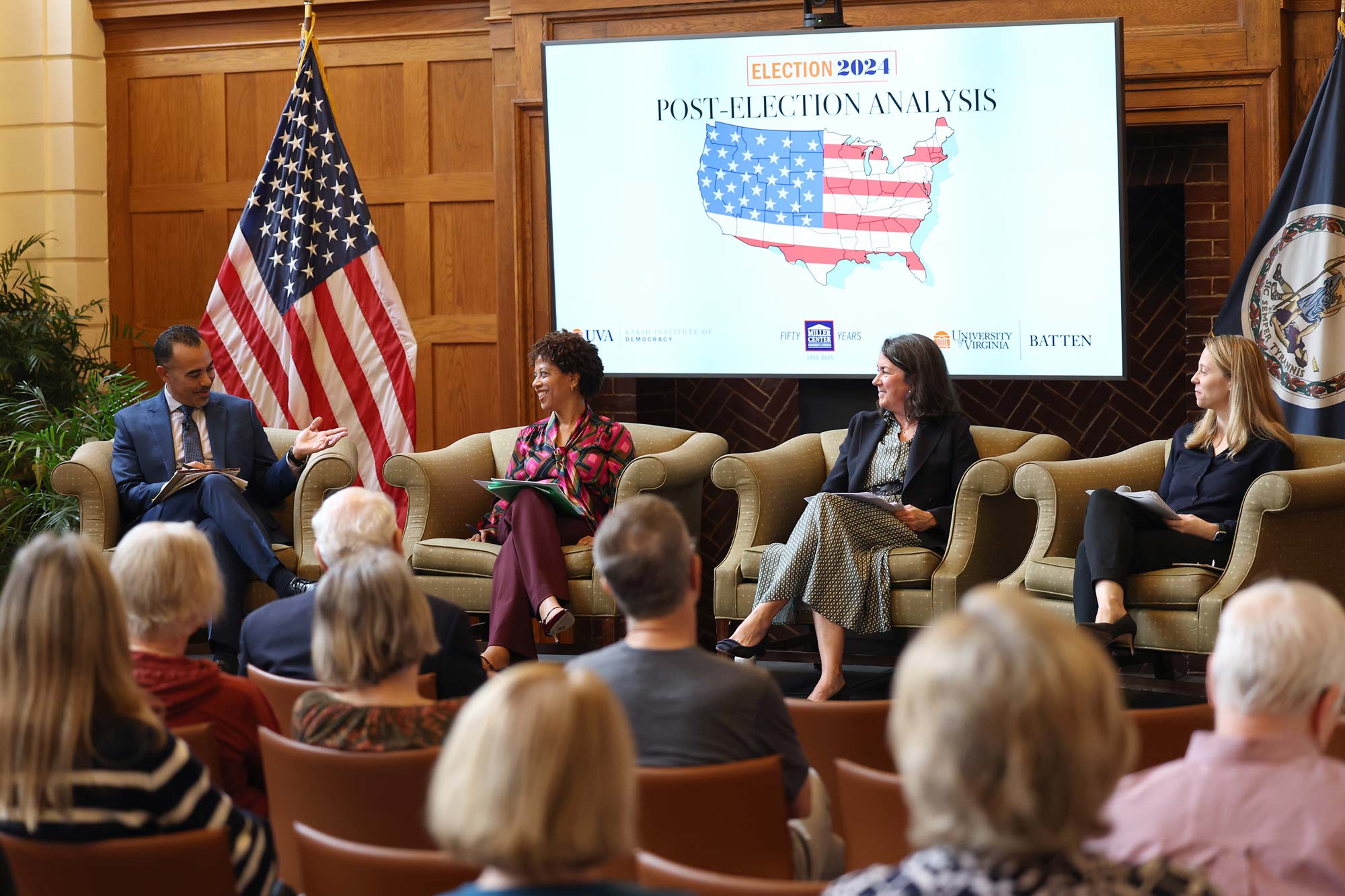
From left, Ian Solomon, dean of the Frank Batten School of Leadership and Public Policy, moderated the discussion with Melody Barnes, executive director of the Karsh Institute; Mary Kate Cary, director of Think Again and an adjunct professor of politics; and Ashley Jardina, associate professor in the Batten School. William Antholis, director and CEO of UVA’s Miller Center for Public Affairs, participated online. (Photo by Matt Riley, University Communications)
“We used to assess the economy by gross domestic product, or GDP, one or two quarters before Election Day,” Antholis said. “The GDP at that point was a historically positive number. History tells us that usually bodes well for the incumbent party.”
History was wrong.
“What was missing in that part of the narrative was how the economy feels to middle-income people in middle age, with kids and are trying to buy a house,” he said, adding that polls and focus groups consistently showed those voters were unhappy, particularly in swing states.
“I kept going back and forth in terms of who I thought I was going to win,” Antholis said. “The times when I thought it was going to be Trump, I was paying attention to the responses of those voters. That ended up being the most important thing.”
Barnes said she believes the motivation was deeper than the economic impacts.
“I think people are responding to something that’s existential. People are feeling a threat that isn’t just, ‘Oh, this kind of bothers me.’ It is a sense of threat to who they are, their sense of security,” she said. “I think that was driving this election and why we saw the run of the table by former President Trump.”
Cary said the election shows a new coalition of the working class forming within the Republican Party, including Latino and Black men and more minority women. She noted white women without college degrees are an increasing part of the GOP demographic who voted for Trump. Younger voters also skewed toward Trump.
